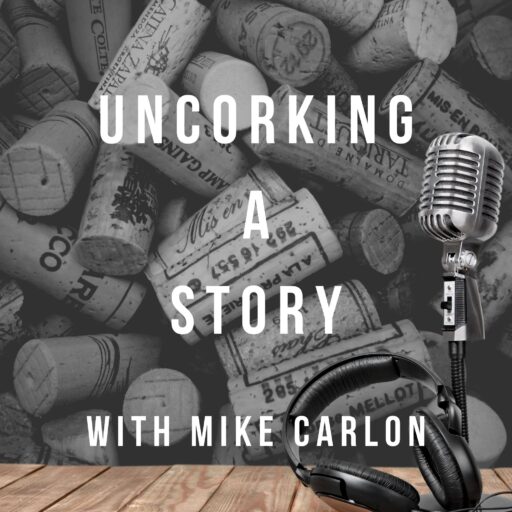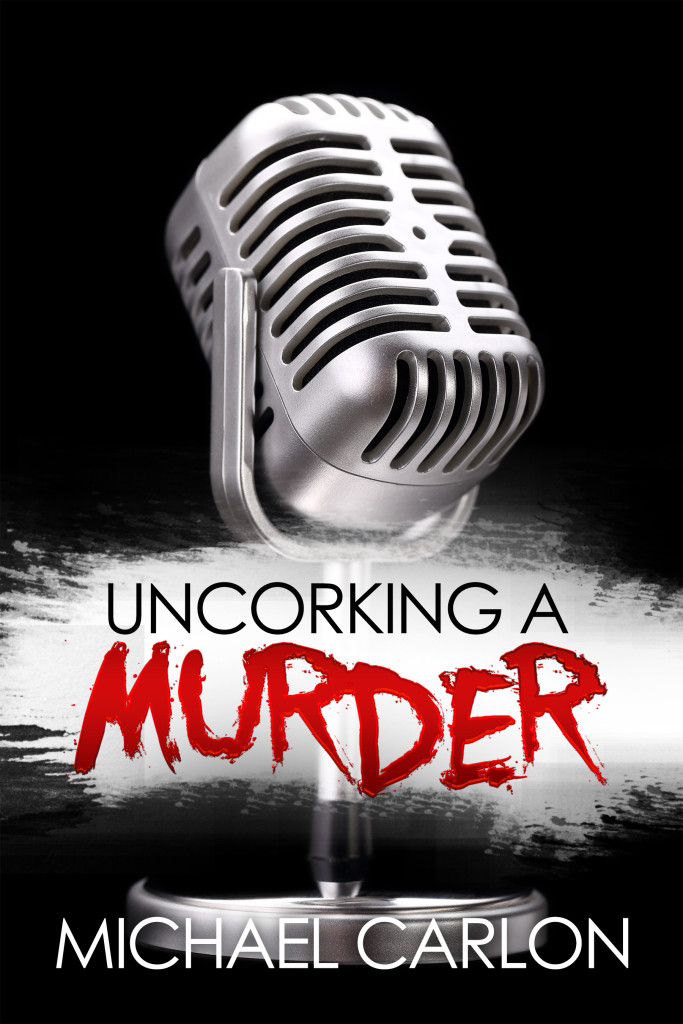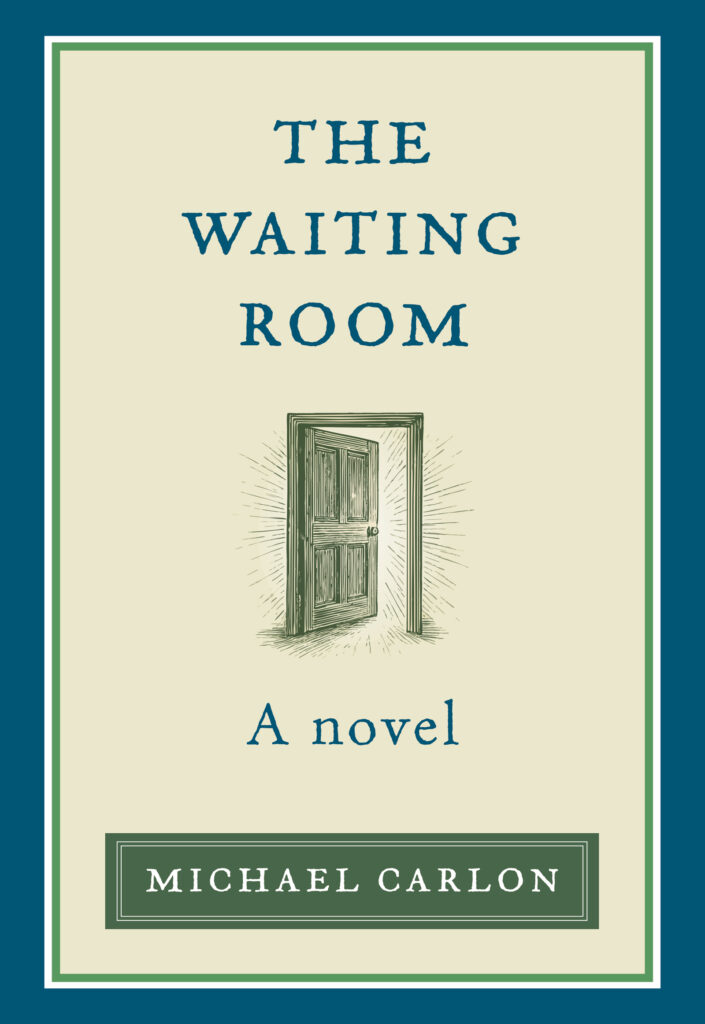This weekend I took the kids to see the most recent adaptation of A Christmas Carol. It is one of my favorite stories primarily because it deals with the very simple, yet powerful, theme of repentance. As rich as he is, Scrooge realizes that he has lived his life quite poorly and is given a second chance. Quite a Catholic (in the religious as well as universal sense) message indeed; we ask for forgiveness and a forgiving God grants it unto us.
Later that weekend, I was driving with the kids and Steve Winwood’s Back in the High Life came on.
It used to seem to me
That my life ran on too fast
And I had to take it slowly
Just to make the good parts last
But when you’re born to run
It’s so hard to just slow down
So don’t be surprised to see me
Back in that bright part of town
I’ll be back in the high life again
All the doors I closed one time will open up again
I’ll be back in the high life again
All the eyes that watched me once will smile and take me in
I cannot help but think that Charles Dickens could have penned these lyrics for Ebenezer Scrooge to sing after he woke up on Christmas morning and realized that he is, indeed, alive.
The idea of a second chance goes hand in hand with the notion of freewill; we are free to choose the road on which we walk and our not predestined by our creator to take a particular direction. Sometimes that road is smooth while other times it is bumpy. If we learn from our mistakes, and sincerely wish to change the road on which we are traveling, it is comforting to know that we have a second chance; a mulligan of sorts.
How do we engage such a second chance? As Catholics, we often take for granted the Sacrament of Reconciliation. Many Catholics and non-Catholics alike question the need for this Sacrament to begin with. I used to be one of them. The notion that another man can forgive us our sins just because he wears a roman collar used to seem preposterous to me. Truth be told, I did not know what the Sacrament was all about.
As a 35 year old man I now realize that there are 3 components to this Sacrament:
- The penitent recognizing that he has sinned and feeling a desire to be absolved of this sin
- The penitent confessing his sin to a priest
- The Holy Spirit working through the priest to absolve the penitent man of his sin
A reasonable person might question whether or not simply asking God on a personal level is good enough for seeking reconciliation. The counter argument to that is that when you confess to someone else, you make the fact that you have sinned more real. On a psychological basis, hearing your own words come out of your own mouth and flowing into the ears of another provides a sense of accountability for the sin. Theoretically, this action should reduce the chances of committing that sin again. On a theological basis, of course, the Gospel of John (Chapter 20) tell us that Jesus said to his apostles (the first priests) “Whoever sins you forgive are forgiven.” Theologically, then, Jesus bestowed this power to his closest followers.
Thinking this through, Freewill, then, cannot exist without the Sacrament of Reconciliation to help erase the mistakes we choose to make as we live our lives.
Scrooge had 3 confessors in A Christmas Carol; the ghost of Christmas Past, the ghost of Christmas present, and the ghost of Christmas yet to come. We need not seek out these 3 spirits to put our lives back on track. All we need to do is seek out a priest and ask to be absolved from our sins. And, believe me, priets will be happy to help. Many times, they are looking for a little company in the confessional.



Yet another great one Michael…I love reading these…awesome